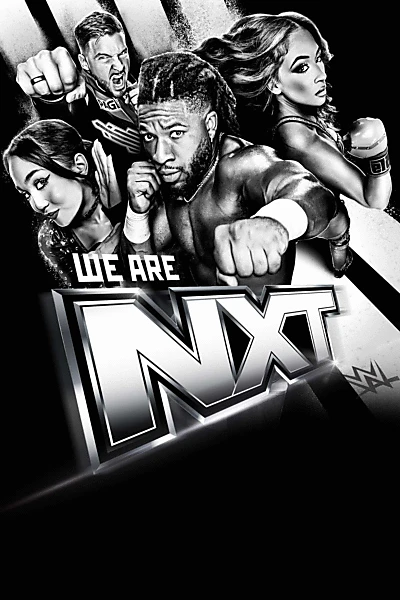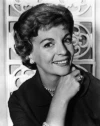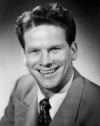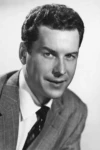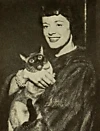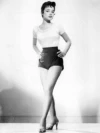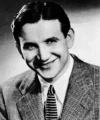Your Hit Parade (1950)
Your Hit Parade (1950)
Plot.
Where to Watch.
Details.
Release DateJuly 10, 1950
StatusReturning Series
Seasons1
Episodes3
Running Time30m
Genres
Last updated:
Wiki.
Your Hit Parade was an American radio and television music program that was broadcast from 1935 to 1953 on radio, and seen from 1950 to 1959 on television. It was sponsored by American Tobacco's Lucky Strike cigarettes. During its 24-year run, the show had 19 orchestra leaders and 52 singers or groups.
When the show debuted, there was no agreement on its title. The press referred to it by several names, with the most common being "Hit Parade", "The Hit Parade", "The Lucky Strike Hit Parade", and "The Lucky Strike Parade". The program title officially became "Your Hit Parade" on November 9, 1935.
Every Saturday evening, the program offered the most popular and bestselling songs of the week. The earliest format involved a presentation of the top 15 songs. Later, a countdown with fanfares led to the top three finalists, with the number one song for the finale. Occasional performances of standards and other favorite songs from the past were known as "Lucky Strike Extras".
Listeners were informed that the "Your Hit Parade survey checks the best sellers on sheet music and phonograph records, the songs most heard on the air and most played on the automatic coin machines, an accurate, authentic tabulation of America's taste in popular music." However, the exact procedure of this "authentic tabulation" remained a secret. Some believe song choices were often arbitrary due to various performance and production factors. The show's ad agencies—initially Lord and Thomas and later Batten, Barton, Durstine & Osborne—never revealed the specific sources or the methods that were used to determine top hits. They made a general statement that it was based mainly on "readings of radio requests, sheet music sales, dance-hall favorites and jukebox tabulations"; Radio Guide claimed "an endless popularity poll on a nationwide scale."
You May Also Like.
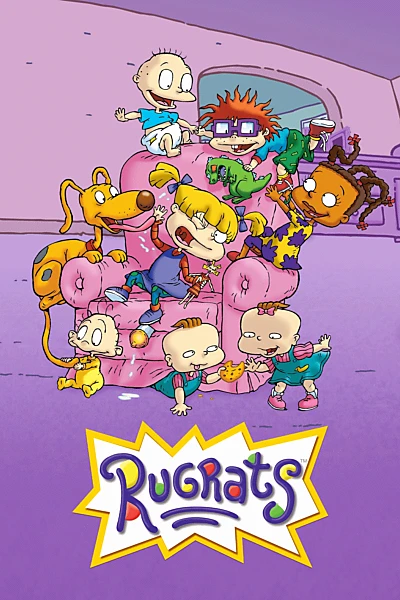
Rugrats (1991)
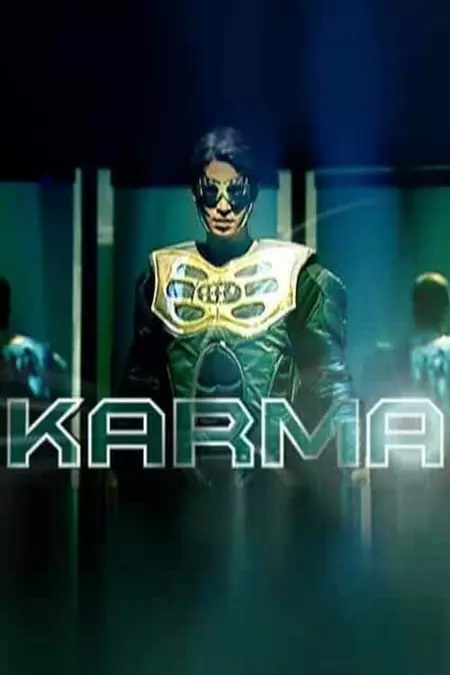
Karma (2004)

Dog with a Blog (2012)
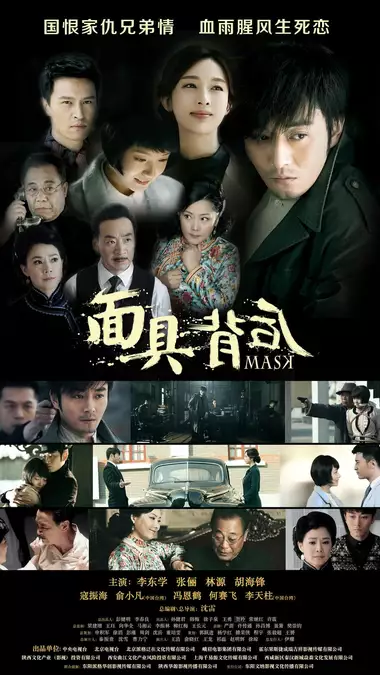
Mask (2019)

Queens Supreme (2003)

In the Storm (2022)

Miyamoto Musashi (2014)

IS: Not a Boy and Not a Girl (2011)
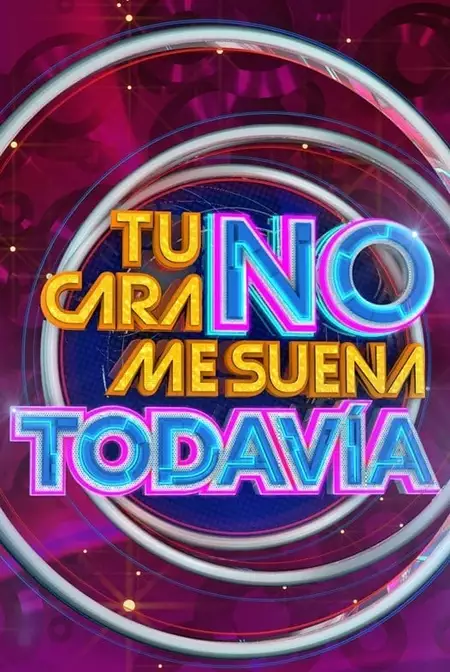
Tu Cara No Me Suena Todavía (2017)
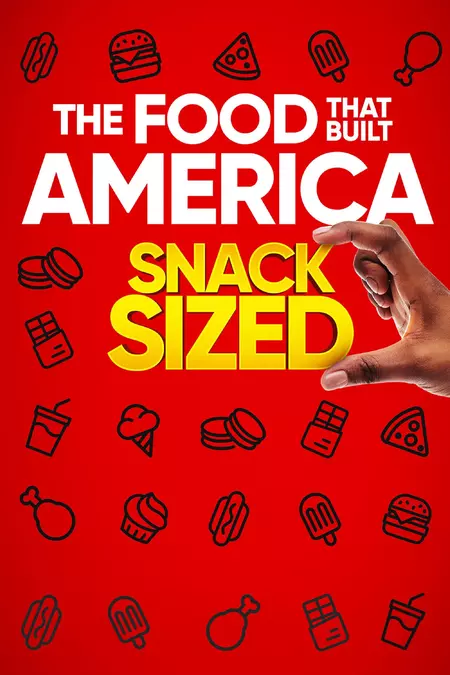
The Food That Built America Snack Sized (2021)
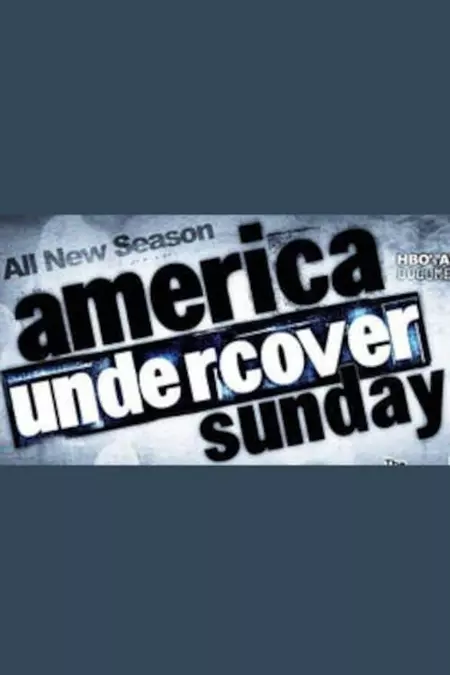
America Undercover (2003)
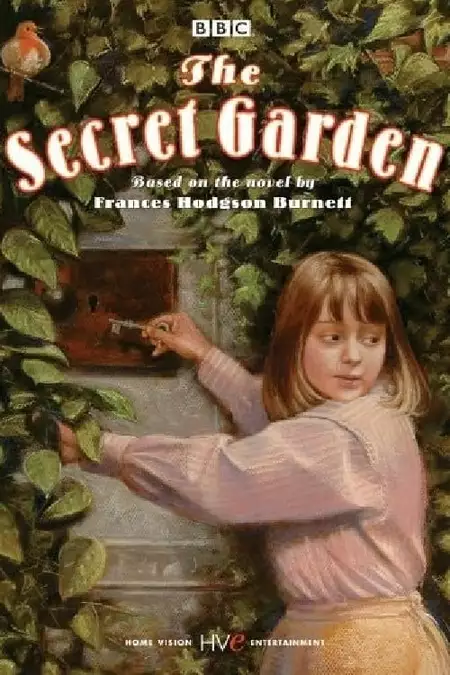
The Secret Garden (1975)
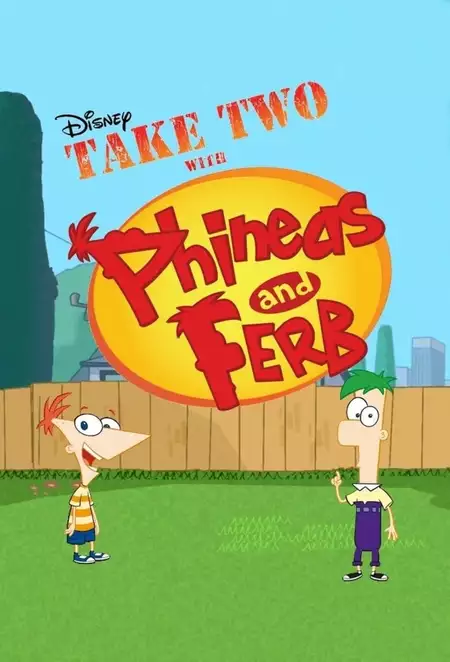
Take Two with Phineas and Ferb (2010)
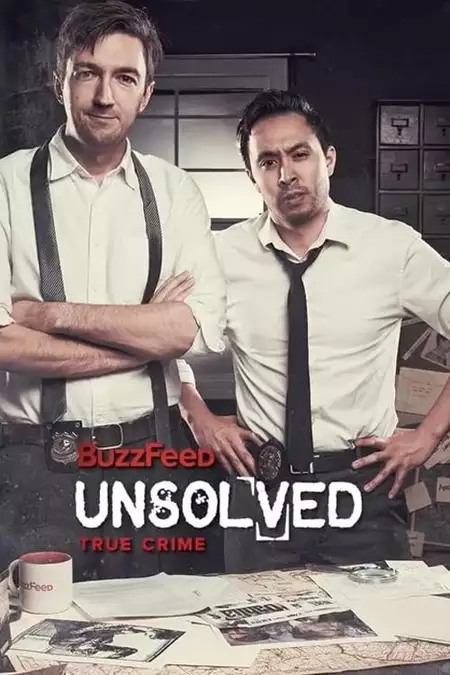
Buzzfeed Unsolved: True Crime (2016)
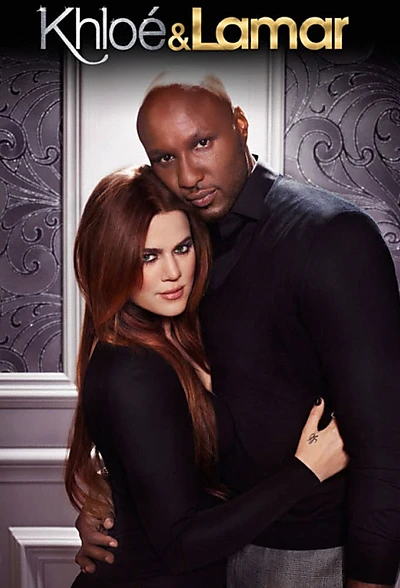
Khloé & Lamar (2011)

Little Cabin in the Woods (2018)

Jakt: Lasse Kjus (2020)
